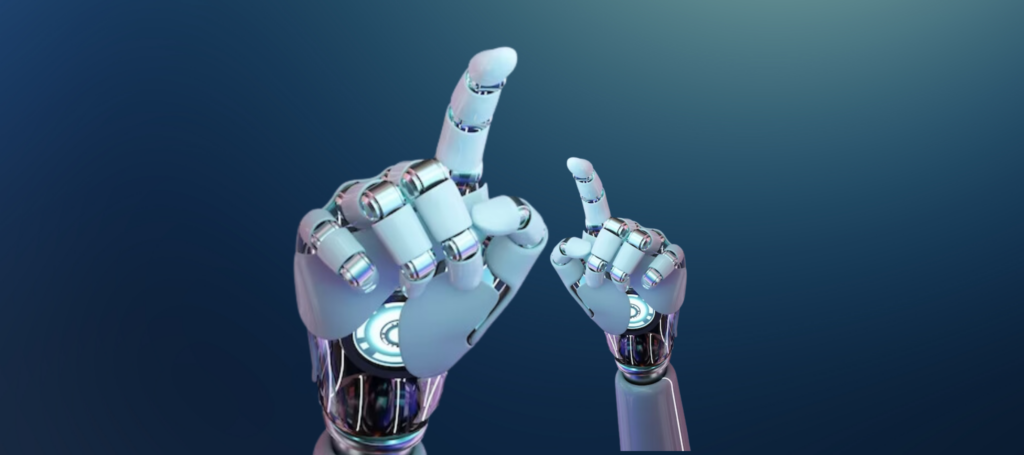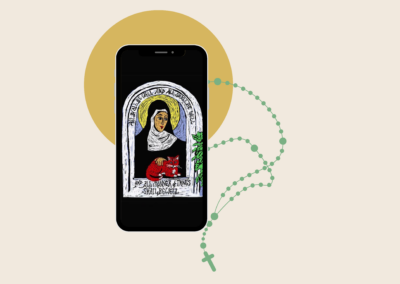
Lecture
Abstract:
Artificial intelligence has been around since the 1940s but it is only in the last decade that it has really taken off, with the development of deep neural network techniques inspired by the structure of the human brain. Today, artificial intelligence is used to diagnose cancer, recognise speech, and identify people in a crowd. In the next decade, it will develop to do so much more. The rise of AI has made people ask interesting questions: can a computer think? what does it mean to be human? I will grapple with those complex questions but also give a solid foundation by outlining where AI has come from, and how it currently works. I’ll look at what it is doing for us today and where it might take us: the good, the bad and the ugly. Then I’ll turn to consider how we respond to this. What do AI ethics look like? What could the church bring to the conversation?
Profile:
Neil Dodgson is a Professor in the Faculty of Engineering and Dean of Graduate Research at Victoria University of Wellington. Prior to this, he spent 27 years at the University of Cambridge working across mathematics, engineering, and computing, all of which are crucial in the rise of AI. Neil has been active in the church throughout this time and has spent much time thinking about the ethical dimensions of technology and how it interacts with his Christian faith. Neil has a substantial record of academic publishing in computer graphics, imaging, and display technology. Over the past five years, he has been invited to speak multiple times on AI, Christian faith, and what it means to be human.




